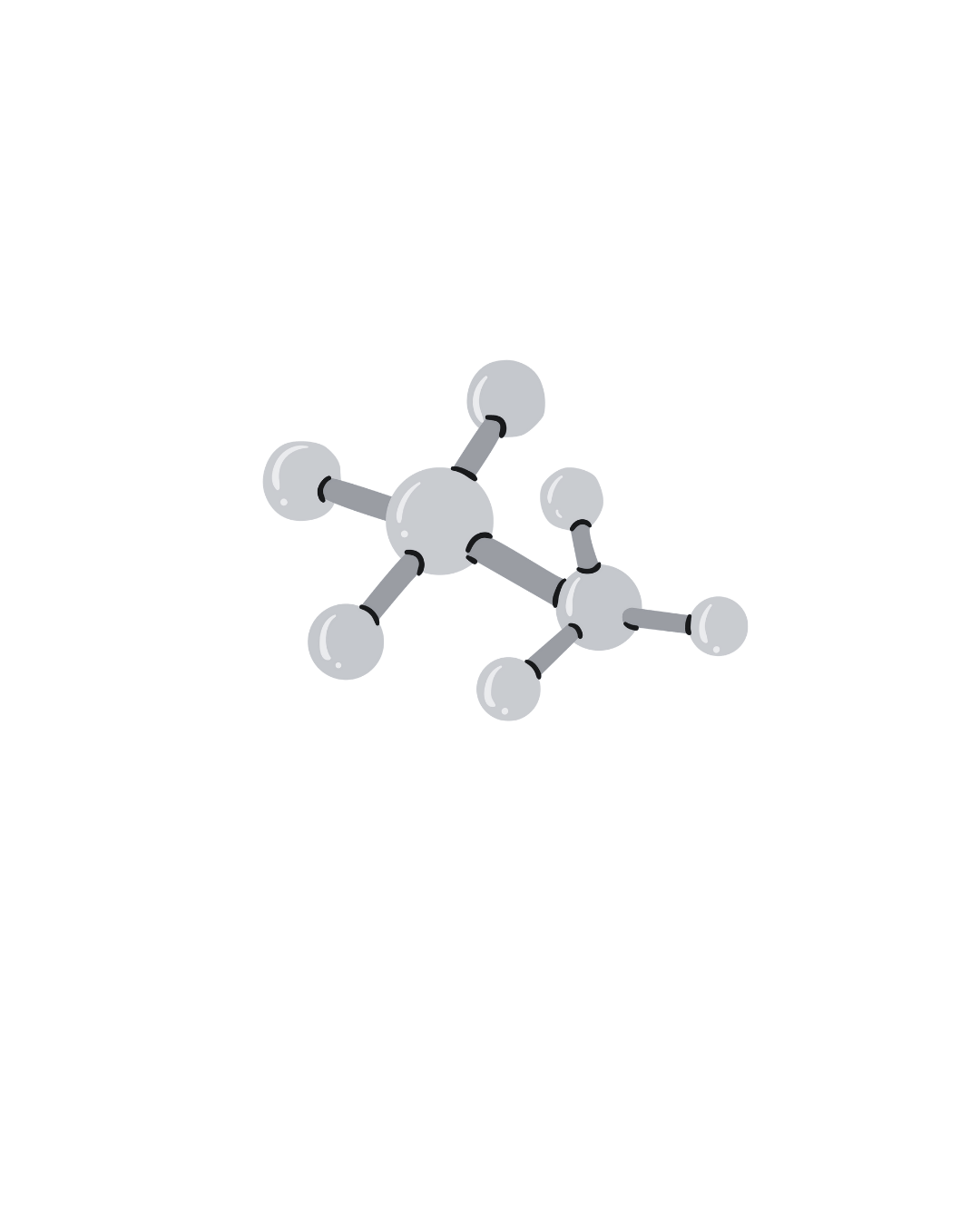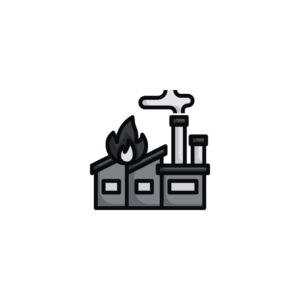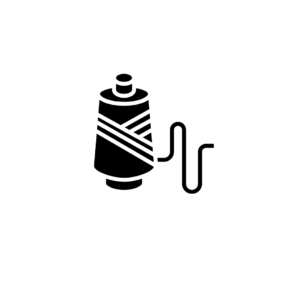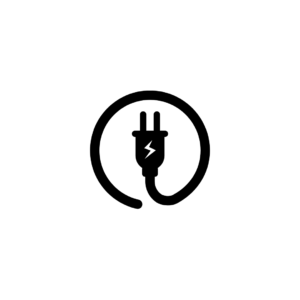Description
A Diploma Lateral Entry in Biochemistry is designed for students who have completed a relevant technical diploma (such as in life sciences, chemistry, or biotechnology) and wish to specialize in the field of biochemistry. This program allows students to enter directly into the second year of the diploma course, providing them with an opportunity to deepen their understanding of the chemical processes within living organisms and their applications in various industries.
Curriculum Overview
The curriculum for a Diploma Lateral Entry in Biochemistry typically merges theoretical knowledge and practical skills. Here are some common subjects and areas of study you might encounter:
Introduction to Biochemistry:
Overview of biochemistry, including its significance in biological processes and its applications in medicine and industry.
Biomolecules and Metabolism:
Study of the structure and function of biomolecules such as carbohydrates, proteins, lipids, and nucleic acids, along with metabolic pathways.
Enzyme Kinetics and Regulation:
Understanding how enzymes work, including factors that affect their activity and mechanisms of enzyme regulation.
Cell Biology:
Examination of cellular structures and functions, including cell membranes, organelles, and cell signaling.
Analytical Techniques in Biochemistry:
Familiarization with methods used for biochemical analysis, including chromatography, electrophoresis, and spectrophotometry.
Bioenergetics and Thermodynamics:
Study of energy transfer and transformation in biological systems, including the laws of thermodynamics as they relate to living organisms.
Molecular Genetics:
Introduction to the principles of genetics, including DNA replication, transcription, and translation processes.
Clinical Biochemistry:
Overview of the biochemical basis of diseases, including biomarkers used in diagnostics and the role of biochemistry in drug development.
Biotechnology Applications:
Exploration of biotechnological methods and their applications in agriculture, healthcare, and environmental sciences.
Laboratory Techniques:
Hands-on practice with laboratory techniques used in biochemistry, emphasizing safe laboratory practices and experimental design.
Research Methodologies:
Understanding research design, data analysis, and presentation of results in biochemistry research.
Project Work:
Practical experience in conducting a research project or laboratory investigation related to biochemistry, applying theoretical knowledge to real-world problems.
Career Opportunities
Graduates of a Diploma Lateral Entry in Biochemistry can find diverse career opportunities across various sectors, including pharmaceuticals, healthcare, agriculture, and research. Some potential job roles include:
Biochemist: Engaging in research to study the chemical processes within living organisms and developing new biochemical products.
Clinical Biochemist: Working in clinical laboratories to analyze biological samples and assist in diagnosing diseases.
Laboratory Technician: Assisting in laboratory experiments, performing tests, and managing laboratory equipment and samples.
Quality Control Analyst: Ensuring that products meet established quality standards, particularly in pharmaceuticals and biotechnology.
Research Scientist: Conducting experiments and contributing to scientific research in academic or industrial settings.
Pharmaceutical Sales Executive: Promoting and selling pharmaceutical products while providing scientific information to healthcare professionals.
Food Biochemist: Working in the food industry to analyze and develop new food products and ensure food safety and quality.
Biotechnology Research Associate: Assisting in research projects that involve biochemical methods and techniques.
Environmental Biochemist: Studying the biochemical aspects of environmental processes and contributing to environmental conservation efforts.
Academic Educator: Teaching and mentoring students in biochemistry and related subjects at educational institutions.
Further Education
After completing the Diploma Lateral Entry in Biochemistry, graduates may choose to pursue a Bachelor?s degree in Biochemistry, Biotechnology, Molecular Biology, or related fields. Additional certifications or training in specialized areas, such as clinical biochemistry, quality assurance, or research methodologies, can enhance career prospects and professional growth.
If you have any questions about the Diploma Lateral Entry in Biochemistry program, potential career paths, or any related topics, feel free to ask!









